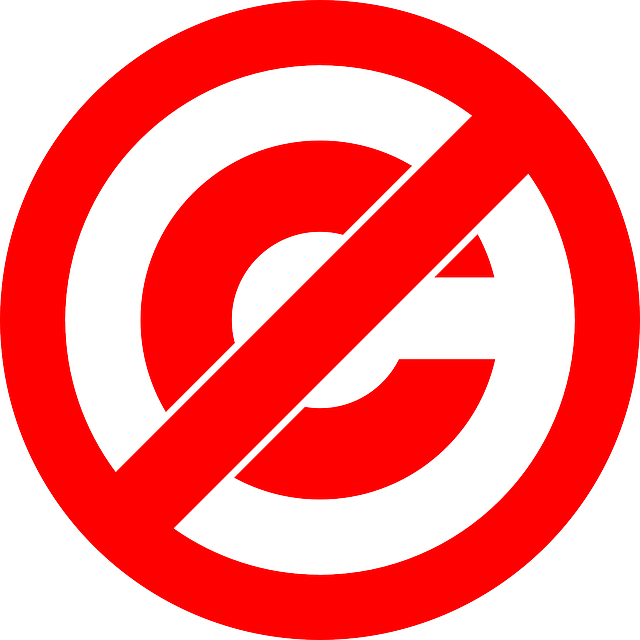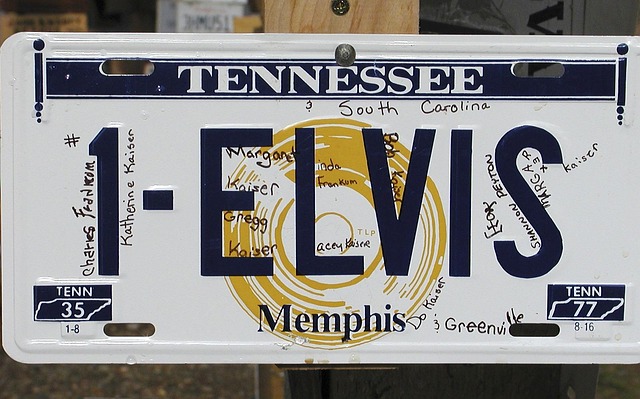In the UK, where licensing and permits are strictly regulated, certified translations from reputable companies are crucial for success. These professional services ensure foreign documents meet local standards in healthcare, finance, and law sectors, streamlining applications and minimizing errors. Engaging experienced translators with industry knowledge is vital to navigate complex regulatory landscapes, avoid legal complications, and facilitate smoother processes for licenses and permits.
Navigating the UK licensing landscape requires precise documentation, especially when dealing with foreign entities. Understanding the specific license and permit requirements is crucial, as is ensuring that all necessary documents are accurately translated. This article explores the vital role of certified translations in streamlining UK licensing applications. We delve into the importance of professional translation services, provide key considerations for choosing a provider, and discuss common challenges and best practices to ensure compliance with licenses and permits across various sectors.
- Understanding UK Licensing Requirements and Documentation Needs
- The Role of Certified Translations in Licensing Applications
- Why Professional Translation Services are Essential for Accuracy
- Key Considerations when Choosing a Translation Provider
- Types of Licenses and Permits That Require Certified Translations
- Ensuring Quality and Compliance: Standards in Translation Practices
- Common Challenges in UK Licensing Translation and How to Overcome Them
- Best Practices for Effective Communication with Translation Companies
Understanding UK Licensing Requirements and Documentation Needs

When navigating the UK licensing landscape, whether for a business or personal venture, understanding the specific requirements is paramount. The UK, with its diverse regulatory framework, demands accurate and official documentation to grant licenses and permits. This includes birth certificates, academic qualifications, and legal documents for various sectors like healthcare, finance, and law.
Translation services play a pivotal role in ensuring these documents meet UK standards. Certified translations, in particular, are essential for demonstrating the authenticity and accuracy of foreign-issued documents. Reputable translation companies with expertise in UK licensing procedures can help individuals and businesses accurately interpret and present their paperwork, streamlining the application process and increasing the chances of successful license acquisition.
The Role of Certified Translations in Licensing Applications

In the intricate landscape of UK licensing applications, certified translations play a pivotal role in ensuring accuracy and legitimacy. These professional translation services are indispensable for individuals and businesses seeking to navigate the complex process of obtaining licenses and permits. With strict regulations in place, accurate documentation is critical; certified translators guarantee that every detail is conveyed precisely, minimizing errors and potential delays.
When applying for licenses and permits in the UK, documents must often be translated from foreign languages. Certified translation services ensure these translations meet legal standards, enhancing the application’s chances of success. They provide an official seal, attesting to the authenticity and accuracy of the translated documents, which are essential components of a robust licensing application.
Why Professional Translation Services are Essential for Accuracy

Professional translation services play a pivotal role in ensuring accuracy during UK licensing processes, especially for foreign individuals or businesses looking to operate within the country. With licenses and permits often requiring precise documentation, any errors or misinterpretations can lead to delays, legal issues, or even rejection of applications. That’s where professional translators come in—they are experts trained not just in languages but also in local terminology and regulatory requirements, ensuring that every detail is correctly conveyed.
These services employ native speakers with deep knowledge of both the source and target languages, bridging cultural and linguistic gaps. They understand the nuances and idiomatic expressions, guaranteeing that the translated documents accurately reflect the intended meaning while adhering to UK-specific legal standards. Moreover, professional translators are bound by confidentiality agreements, ensuring sensitive information remains secure throughout the translation process.
Key Considerations when Choosing a Translation Provider

When selecting a translation provider for UK licensing processes, several crucial factors come into play. First and foremost, ensure they possess expertise in handling documents related to licenses and permits. Reputable providers should have a proven track record of accurately translating official paperwork while adhering to legal requirements.
Additionally, check their qualifications and certifications. Look for companies accredited by recognised bodies such as the Institute of Translation & Interpreting (ITI) or equivalent. This guarantees a certain level of proficiency and ensures your documents are handled by professional translators who understand the nuances of UK regulatory language.
Types of Licenses and Permits That Require Certified Translations

In the United Kingdom, various licenses and permits are required for different business activities and professional practices. Some of these documents, especially those obtained from foreign jurisdictions, need to be accompanied by certified translations to ensure their validity and acceptability. This is where UK translation services come into play, offering specialized expertise in handling such requirements.
Critical licenses and permits that often necessitate certified translations include work visas, immigration documents, academic qualifications, professional certifications, and international business registration papers. These official documents must be accurately translated to meet legal standards and streamline the licensing processes. Reputable translation services employ qualified linguists who are adept at translating a wide array of specialized terminology, ensuring the integrity of the original content in the target language.
Ensuring Quality and Compliance: Standards in Translation Practices

When it comes to licenses and permits in the UK, accuracy and clarity are paramount. This is where certified translations from reputable UK translation services play a critical role. These professionals adhere to stringent industry standards, ensuring that documents meet the exigencies of various licensing bodies. High-quality translations not only maintain the integrity of the original content but also comply with legal requirements, minimizing the risk of delays or rejections.
UK translation services employ skilled linguists who are not just experts in their target languages but also possess a deep understanding of regulatory frameworks. They follow standardized translation practices, including using terminological databases and consistent terminology to avoid ambiguity. This commitment to quality ensures that translated documents are legally sound and reliable, facilitating smoother licensing processes for individuals and businesses seeking to operate within the UK.
Common Challenges in UK Licensing Translation and How to Overcome Them

The process of securing licenses and permits in the UK can be complex, especially for non-native speakers or businesses aiming to expand internationally. One of the primary challenges lies in ensuring accurate and reliable translations that meet legal requirements. Inaccurate or poorly executed translations may lead to delays, rejections, or even legal complications, as licensing documents demand precision and adherence to specific terminology.
To overcome these challenges, companies should invest in professional UK translation services with experience in legal documentation. Expert translators understand the nuances of language and terminology used in various licenses and permits. They also stay updated on regional variations and any changes in legislation, ensuring that translations remain compliant. Quality assurance processes, including proofreading and editing, are vital to catch potential errors. Additionally, using technology like machine translation tools can speed up the process while maintaining accuracy, but human review remains essential for complex documents.
Best Practices for Effective Communication with Translation Companies

When engaging UK translation services for licenses and permits, clear communication is key to ensuring accurate and timely translations. Start by providing all relevant documents, including any specific terminology or industry jargon that might be crucial for the translation process. Clearly outline the purpose of the translation and the target audience to help translators tailor their work accordingly.
Regularly update your translation company on any changes or additional requirements throughout the licensing process. Maintain open lines of communication to address any queries promptly. Request sample translations initially to assess quality and style before committing to a full project, ensuring you’re satisfied with their capabilities in your industry.
When navigating the UK licensing landscape, accurate and reliable certified translations are indispensable. As discussed, professional translation services ensure that your documentation meets stringent requirements, enhancing the chances of a successful application. Choosing the right provider is crucial; look for expertise in relevant licenses and permits, adherence to industry standards, and effective communication practices. By addressing common challenges and employing best practices, you can streamline the process, ensuring your translations are not just adequate, but excellent. Leverage these insights to optimize your journey through UK licensing processes with confidence.
